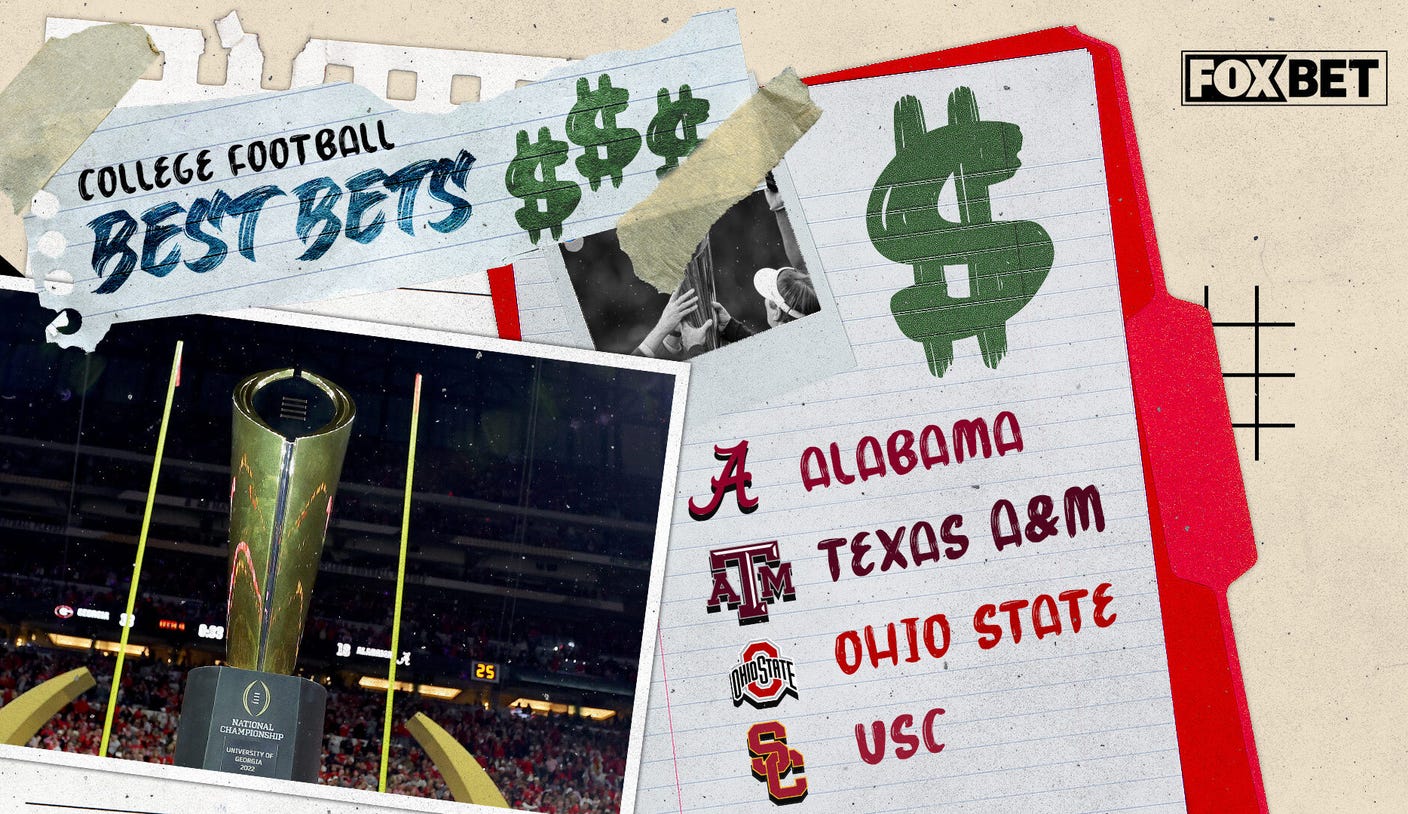
Can you give us a general overview of your Alpha Odds product?
We launched in 2022. It was conceived to try to make it as scalable as we can across the MTS (Managed Trading Services) bookmakers. We are currently running it with over 75 bookmakers, I believe, running full time on Alpha and that’s growing weekly. We want over 100 bookmakers active on that by the end of this year; we believe that’s achievable, but it’s still a challenge because there are other things than just the technical side of things to get going.
We have managed to make a comparison about how Alpha operated in the qualifiers for the Euros and then what our expectations will be for the Euros itself. During the qualifiers, we managed to push for about 15% uplift on our qualifying matches for our sportsbooks. What we did is we compared how we operated against the rest of the market that wasn’t using Alpha and looked at the comparisons of the two, and we saw that when we were adjusting the prices, bookmakers were effectively trading closer to where they theoretically should be trading, because we were first feeling where their money was coming from. We could see the liability and then were anticipating where we expected it to come from, based upon the behavioural trends of their customer base, their specific customer base, not a whole wide one, the customer base of just that single bookmaker.
It was quite clear that when the sportsbooks were winning, we were winning slightly more or a considerable amount more for them. But, more importantly, what we were doing is we were shaving off those volatile periods where the customers were being exposed to very low parts where strong favourites are winning, and more goals are being scored in games. I’m not suggesting that we were winning, but we certainly were not losing in the same magnitude as the way that the other books were who weren’t using Alpha. What we were able to do was reduce the impact of those low points, which meant that the uplift and the improvement of efficiency was very, very clear; even around those points where the sportsbooks were paying back more to the industry.
Football is an unpredictable sport; we’ve seen in the Euros in the years gone by, the obvious favourites waltzing through or Greece winning Euro 2004, for example. You can never tell what is going to happen. How do you plan for those possibilities?
Well, the only way to plan for it is to really make sure you’re keeping tight with your probabilities as close as you can. So, historically, the way to have done that was keep tight to the market and make sure you’re offering any unforeseen value or bad pricing into the market. This is still our common practice, like the way our odds product works actually is to make sure we are in a market-neutral position, not taking a particular position on one side or the other. However, what Alpha does is when we start to accumulate the liability we’re able to start to position ourselves on the right side, or the perceived right side, based upon our predictive models and understand that we are likely to receive bets on this outcome. So we start moving ahead of time slightly and pitch our pricing to allow us to effectively not overexpose ourselves unnecessarily early on.
I’m not suggesting that we were winning, but we certainly were not losing in the same magnitude as the way that the other books were who weren’t using Alpha
As we move forward, whether that doesn’t transpire or it does, we can still extend our exposure, but for longer. The hard work is getting the probabilities correct to start with, managing and maintaining that and the next bit is making sure the AI systems are responding at each individual client level, which it does. I think we anticipate that, at the Euros, it is very difficult to say every time we go into a major competition, we’re always getting a little bit nervous; we’re obviously very excited because it’s a major soccer event, but we’re also very nervous because they tend to differ each time. Sometimes we go in and the group stages are absolute carnage, the results all go with the favourites and every favourite wins their games. There are lots of goals in those games because the teams are poorly matched or we have things like we had in the World Cup, where South Korea and South Africa and all the others were just getting results, which you were just thinking this is amazing.
Do you think there will be a point where each customer has their own set of odds?
We can do that today. We have the technical capability for us to be able to individualise liability and to look at the individual behavioural patterns of an individual, and potentially offer that type of distinction of pricing. There are different things that potentially prevent that. Some jurisdictions have controls which prevent that from happening, so everybody has to have the same odds regardless. We can also look to how we can do that by banding in terms of the classification of a customer, the jurisdiction of a customer within a particular part of the country or the continent. So yes, absolutely, we have the capability today to be able to send that out.
The other limitations potentially are the technical limitations from a sportsbook perspective: how can they ingest hundreds of multiple different fees for the same event and distribute those individually? But we have the mathematical capability right now, with all of our models and our predictive models to be able to really, really do exactly as you say; it’s completely tailored to an individual at the very end of the chain.
You are rolling out Alpha to basketball later on this year. But how will this technology work and differ potentially for different sports?
Well, if you’re truly doing it the way that we’ve gone about it and understand different markets and the different nuances by sport, it’s very hard to be entirely sports-agnostic with it. Because you really need to understand the way the markets interact with the different parts of the betting offer, as well as what happens on the court, the field, etc. So we’re looking to roll out basketball in the coming months. We’re already live with soccer and tennis, and we have a few other sports in the pipeline this year with hockey and American Football to try to get through. But we need to look at the different nuances and how those markets affect each other, particularly when you get down to different periods and you get down to the player interactions with those as well. We are truly mapping every market we possibly can to make sure the connections are clear, and the liability build-ups have effects on the right markets when they’re introduced.
Looking ahead, what could be next for AI? How far could it go in terms of the betting world?
Well, there’s lots happening. I can’t give too much away with what we’re doing. We have some big scopes on some of the other bits we do within MTS, and we do a lot of work around the way we profile individual accounts. It’s totally anonymous, we see no information about the individual account themselves, we just look at the betting behaviour, staking size, activation, when they bet etc. All these different other trends for me are more telling to an individual than actually knowing whether it’s Mr Smith or Mrs Jones. Those things can be misleading to the identity of the person behind the account.
We are truly mapping every market we possibly can to make sure the connections are clear, and the liability build-ups have effects on the right markets when they’re introduced
We like to build the profile around what they do and when they do it in real time, so it’s very reactive. So if someone’s behaviour changes very quickly, we’re quick to adjust that, and we see that this could be the next steps in how we approach things for the way customers handle in the live environment; and how we then subsequently handle the way the betting offer is presented to them with other products, where we have complete personalisation in terms of the customer interaction, what markets are presented to them, when they’re presented to them, what events are presented, how it looks as in terms of the interaction of the actual user interface itself. We’re seeing that we’re quickly running through iterations of new ways to really use some of this information in real time.
Can you tell us more about your results from the Euro qualifiers?
When we looked at the qualifiers and we broke it down, the performance of Alpha was consistent across all groups. We pretty much saw proportionately a good uplift in terms of performance. We also actually hit quite an unprofitable period from a bookmaking perspective, because the results were very strong for the good teams. However, the protective mechanism from Alpha still managed to return a very, very strong return for what we call uplift. What we’d pull from that is that it’s showing us the consistency we need from a mathematical model to be able to operate, regardless of the environment it’s put itself into. We’re pretty comfortable with where we’re going to go with the Euros. Even if we do have a tough Euros, I still think we’ll be able to operate above where we would expect the regular market to operate.



